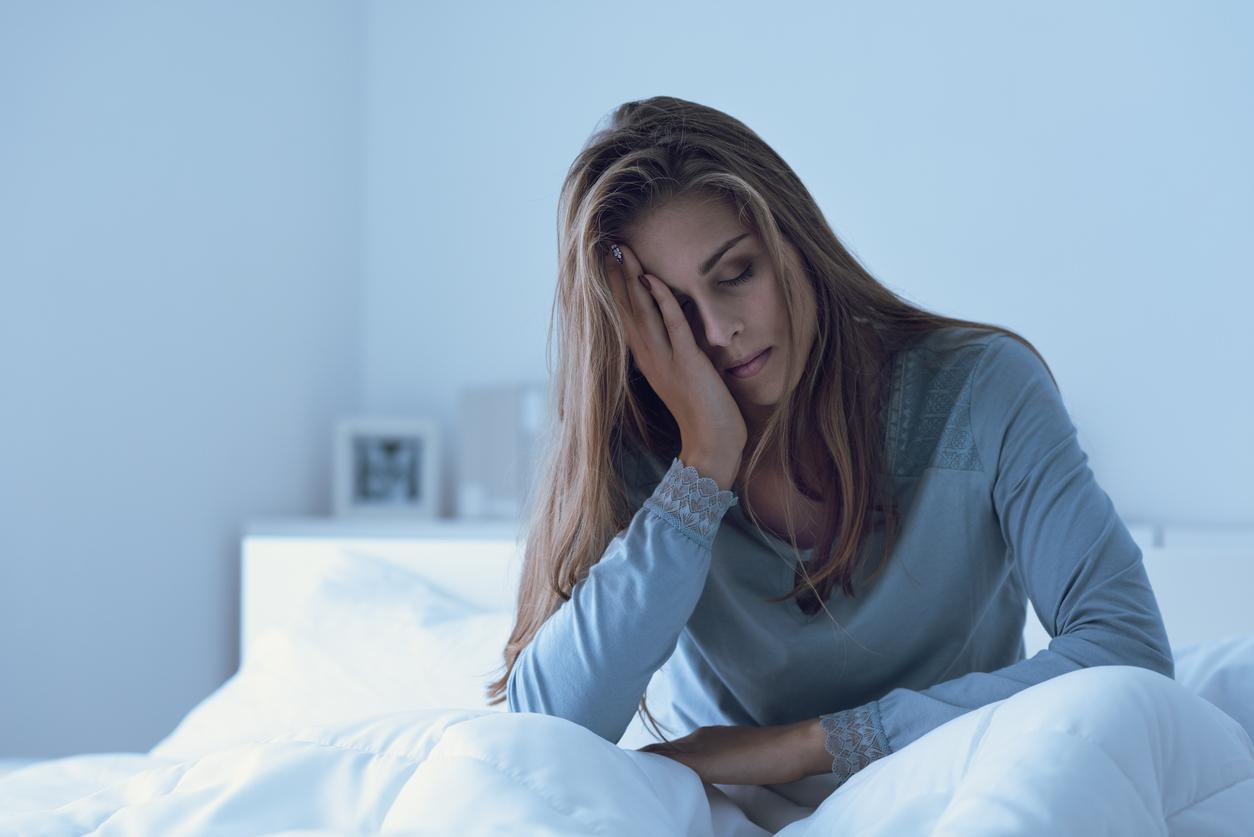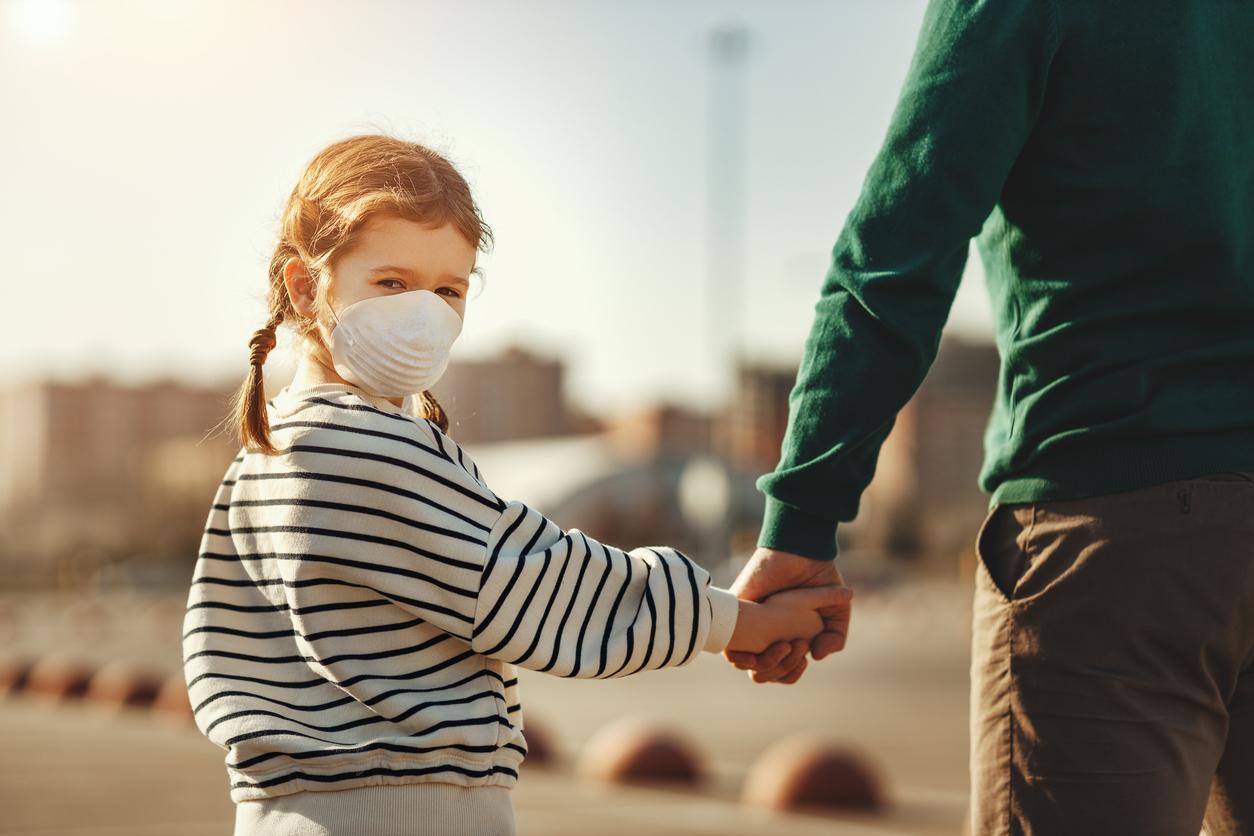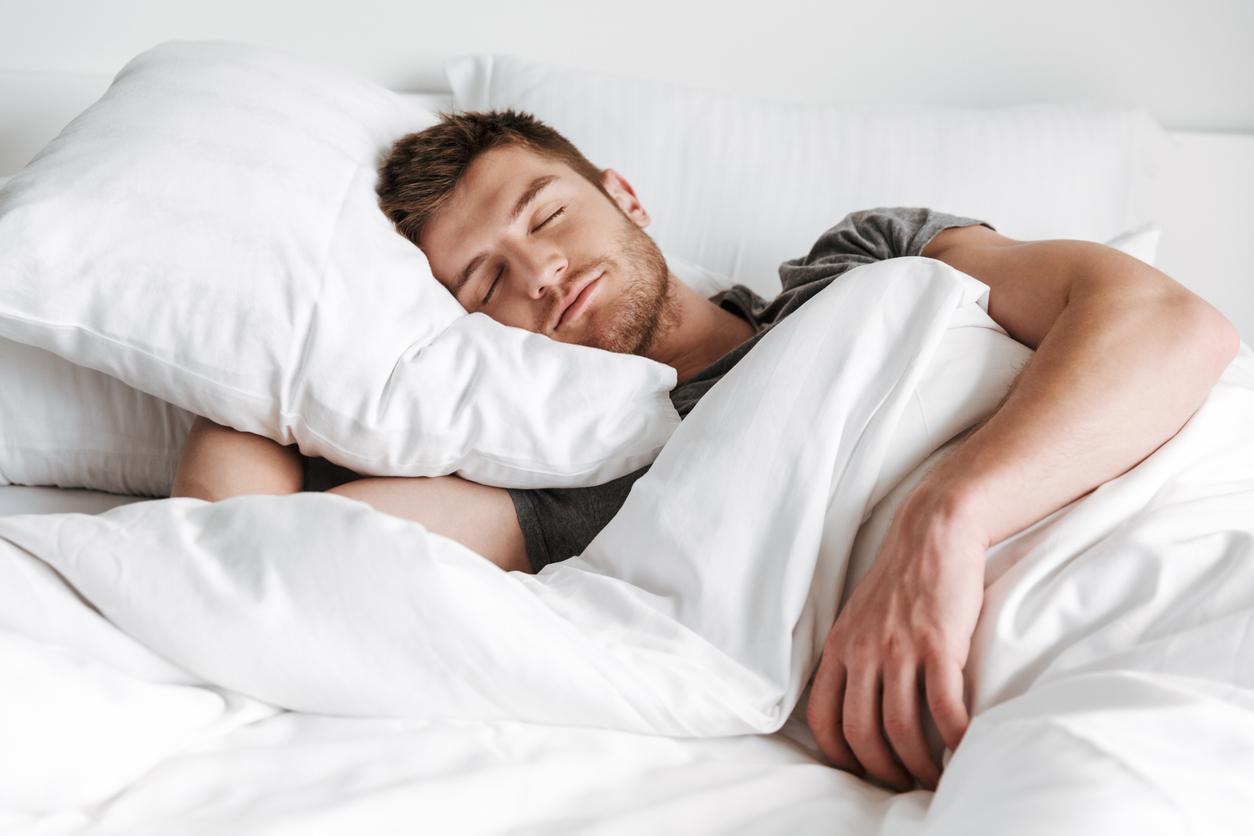A major UK study found that sleep disturbances in patients hospitalized with Covid-19 were likely to be a factor in shortness of breath.

- The study authors found that participants hospitalized for Covid with sleep disturbances were more likely to suffer from anxiety and muscle weakness, common symptoms of long Covid.
- Their analyzes showed that sleep disturbances could potentially directly cause shortness of breath.
- But reduced muscle function and increased anxiety, two known causes of shortness of breath, may partially mitigate the association between sleep disturbance and shortness of breath, the researchers said.
In a new study published April 15 in the journal The Lancet Respiratory Medicine, researchers found that 62% of participants who were admitted to hospital with Covid-19 subsequently suffered from sleep disturbances, which persisted for at least 12 months. The authors of the study highlight for the first time the link between two symptoms of long Covid: shortness of breath and sleep disorders.
Long Covid: a link between sleep disorders, anxiety and muscle weakness
The study, conducted by the University of Manchester and Leicester on patients from 38 healthcare facilities in the UK, was presented at the European Congress of Clinical Microbiology and Infectious Diseases taking place in Copenhagen from April 15-18 . On average, participants hospitalized with Covid slept more than an hour longer, but their sleep patterns were less regular (19% decrease on the sleep regularity scale), than control group participants who been hospitalized for other causes.
The study authors also found that participants with sleep disturbances were more likely to develop anxiety and muscle weakness, common symptoms of long Covid.
Targeting sleep disturbances could alleviate shortness of breath
Their statistical analysis identified that sleep disturbances were likely to directly cause shortness of breath, but that reduced muscle function and increased anxiety, two known causes of shortness of breath, could partially alleviate the shortness of breath. association between sleep disturbance and shortness of breath. The study authors therefore believe that targeting sleep disturbances by reducing anxiety and improving muscle strength in these patients could help combat shortness of breath, but more research is needed.
Sleep quality was assessed using subjective measures that were self-reported to researchers by 638 patients. It was also objectively measured in 729 other patients, who wore smartwatch-like devices that measured nighttime activity levels. Both measures consistently revealed a higher prevalence of sleep disturbance among people hospitalized with Covid compared to the control group.


















